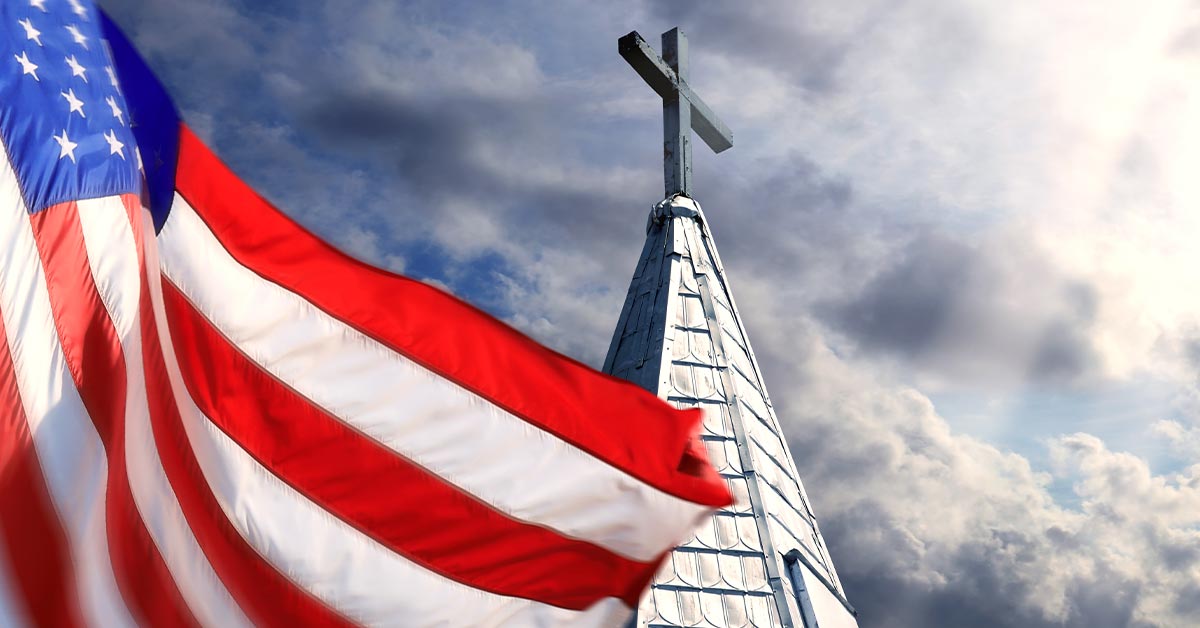Everything else being equal, the more religious the individual in the U.S. today, the higher the probability that the individual identifies with or leans toward the Republican party. I called this the “R and R rule” in my 2012 book on religion, found the phenomenon alive and well in my 2014 review of Gallup data, and now, nine years later, Gallup’s data confirm that this religiosity gap is more evident than ever.
Americans’ political identity is a powerful correlate of a wide range of Americans’ attitudes and behaviors, including, in particular, a wide range of attitudes about hot-button political and social issues. And we know that political identity is related to views of the national economy, views of the nation’s institutions, happiness, perceptions of the nation’s most important problems, and a variety of other measures. It is thus not surprising that political identity would also be related to religion.
…



I always hear American evangelicals cry about being shown “hate” and being “persecuted” because of their faith. But, honestly, I think very few people hate or would have any interest in persecuting Christians or any other faith group.
However, evangelicals have gotten themselves so thoroughly into bed with the Republican Party that it’s often hard for others to see the difference. And a lot of people do hate the Republican Party. At this point, what evangelicals feel is hate by proxy.
The solution seems simple: Get out of bed with the Republican Party. Spread the gospel of spiritual hope instead of a political gospel of hate.
The issue is that there just often aren’t non political churches to go to in many areas anymore.
In the seattle area, I think the only new church that has gotten built in the last 30 years has been prosperity gospel while the ones that serve the poor have been in the area for a hundred years or operate on weekends out of a high school gymnasium.
The story of Christianity on the west coast is one of land deeds.